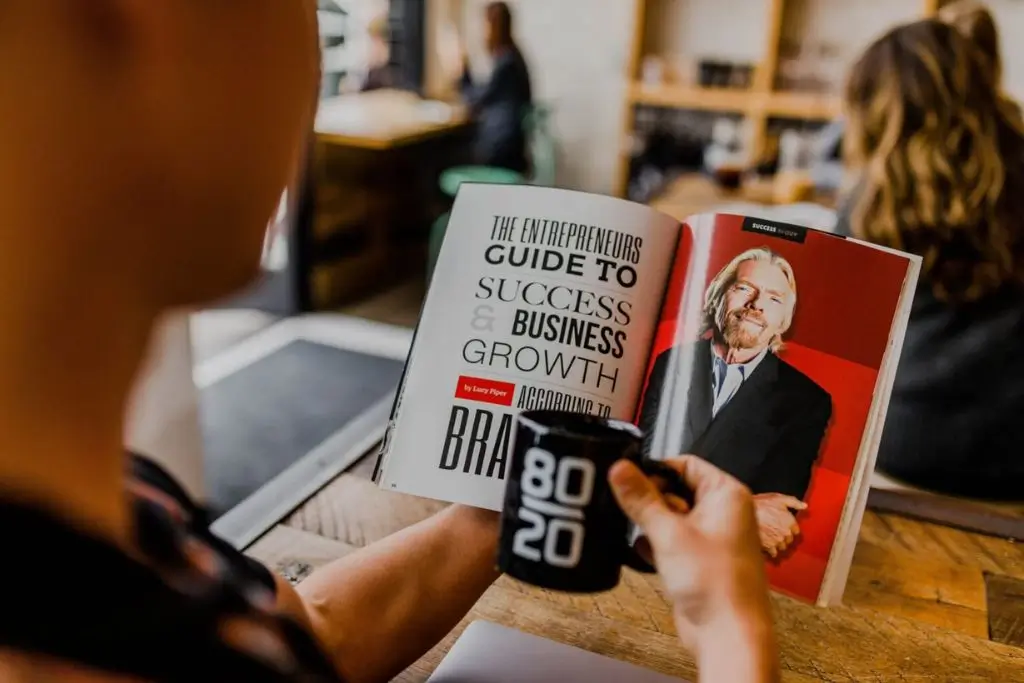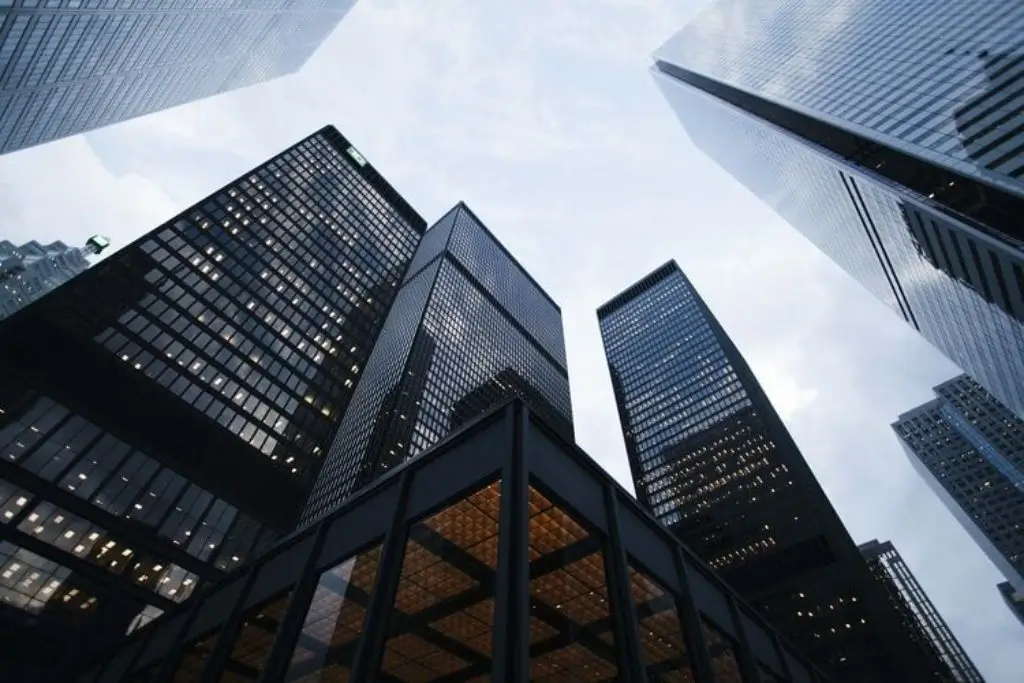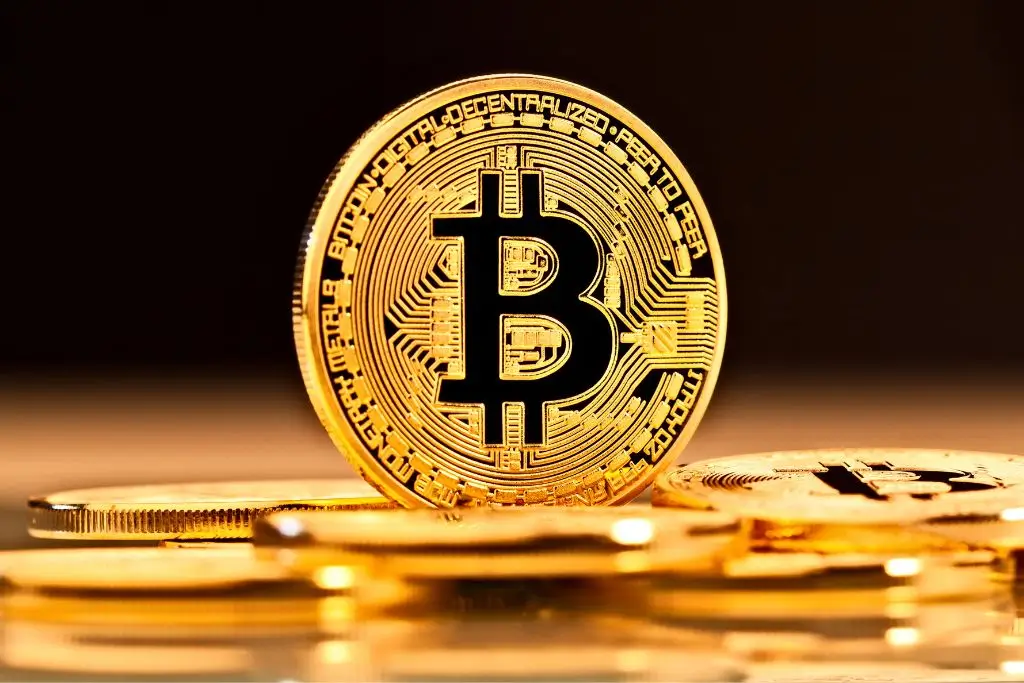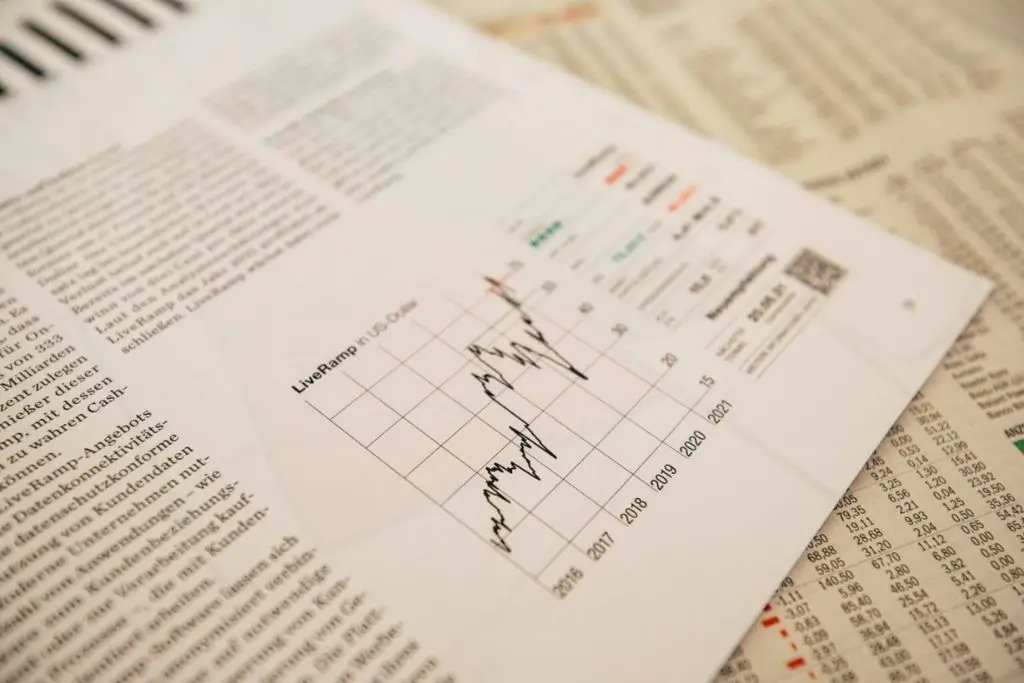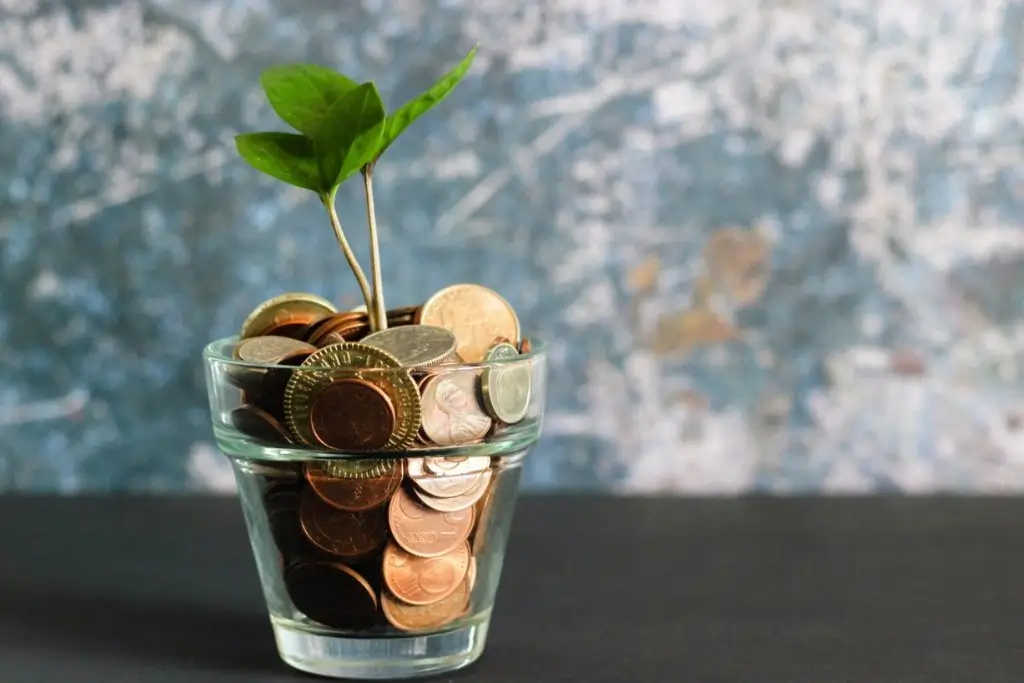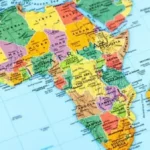Find out what's behind the significant growth in new investors on B3, the Brazilian stock exchange, and how this growth should continue
More and more Brazilians are investing in the Brazilian Stock Exchange, which has caught the attention of analysts in the sector, since this growth is expected to continue for years to come. This significant increase has been a phenomenon that has caught the attention of financial experts.
The significant increase in the number of active CPFs in the variable income market, doubling and even tripling in some cases, raises questions about whether this trend is here to stay and whether financial education in Brazil is finally undergoing a transformation.
With more than 3.5 million individual investors, it is undeniable that this number represents a significant change in the national financial scene. This boom in the Brazilian stock market raises questions about the reason for such an increase. Is it the growing number of financial influencers? Is it the desire to "get rich" in the financial market?
When we compare this figure with previous years, when the number of active CPFs on the Brazilian stock exchange didn't exceed 500,000, we realise just how much membership of the investment market has grown. However, despite this substantial increase, there is still a long way to go in the national financial market.
The truth is that Brazilians are changing their mindset when it comes to investments. The old habit of simply "saving" or "leaving money in savings" is becoming obsolete as more people become aware of the various income options available on the financial market.
This movement indicates a paradigm shift in the way money is managed and invested in the country.
Understanding the Brazilian Stock Exchange
Has the interest rate contributed to the increase in investors at B3?
We can take into account that a large part of this migration to the Brazilian stock market is related to the fall in the Selic rate, the basic interest rate, which in recent years has fallen from 14% to 2%. Never before in Brazil's history has the Selic rate been so low. Many factors have triggered this fall, the most recent being the Coronavirus health crisis.
With interest rates at their current levels, fixed income, which used to be considered profitable, has become unreliable, even losing out to inflation in many cases. But not only this has been decisive in opening Brazilians' eyes. The digital transformation is being a strong ally in this revolution.
It's clear that the internet and access to information are also contributing to this change. There are hundreds of channels on YouTube, pages on social networks, courses given by professionals and financial experts; an infinite number of possibilities for understanding the financial market, and that old myth of "this isn't for me" has turned into "I want to start. What should I do?".
What's more, we now have the world's biggest search engine in the palm of our hands. Anything you want to know, research or study, just Google it and there you have thousands of articles and study materials just a click away. The internet really has changed our lives dramatically and is changing them day by day in all spheres.
In the last few days, the Brazilian stock market reached an all-time high on the Bovespa index (the most important indicator of the average performance of share prices traded on B3 - Brasil, Bolsa, Balcão), reaching 130,000 points. Investors' optimism about the economic upturn coupled with the progress of vaccination in the country caused the stock market to soar. However, it's important to be cautious at times like these.
One of the biggest financial market gurus, Brazilian Thiago Nigro, founder of the "the Rich Cousin"Greed, fear and impatience lead to loss", is a phrase that dictates many moments like this: "Greed, fear and impatience lead to loss". As most investors have been in this new world for less than two years, many idolise quick gains and end up getting frustrated with market fluctuations.
What to expect in 2021?
We are still living in uncertain times. The Coronavirus crisis has drastically impacted the economies of emerging countries. But the scenario is one of optimism. Several experts are confident that emerging economies will return to pre-pandemic levels. The positivity for Brazil comes above all from the increase in commodity exports to China.
We've listed some of the sectors that stand out this year: energy, oil and gas, mining, steel, paper and cellulose. In addition, of course, pay attention to the banking sector for the provisioning made in 2020 to contain the risk of default caused by the pandemic.
So, are you one of the more than 2 million Brazilians who have just started in the capital market and still don't know how to trade and invest? Are you afraid of seeing your income fluctuate according to market projections?
Didn't create an emergency reserve before venturing into the stock market? Well, don't worry, you're not alone! Follow Valor & Capital and always be well informed about news and information from the financial world.
Read also: How to get your Emergency Reserve
Attention!
Valor e Capital is a purely informative site aimed at enriching our users with financial content, we are not linked to any company and we do not make suggestions for buying or selling assets, do not share personal information in the comments.

